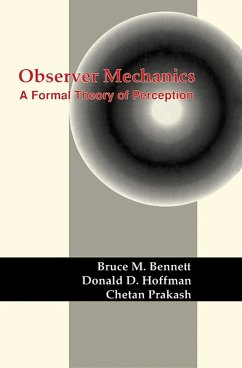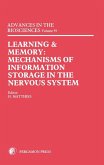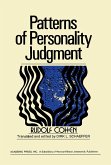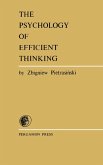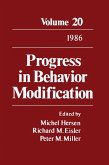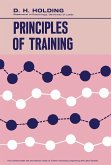Organized into 10 chapters, this book begins with an overview of the structure of perceptual capacity. This text then presents the relationship between observers and Turing machines. Other chapters provide a formal framework in which to describe an observer and its objects of perception, and then develop from this framework a perceptual dynamics. This book discusses as well the conditions in which an observer may be said to perceive truly and discusses how stabilities in perceptual dynamics might permit the genesis of higher level observers. The final chapter deals with the relationship between the formalisms of quantum mechanics and observer mechanics.
This book is a valuable resource for physicists, psychophysicists, philosophers, cognitive scientists, and perceptual psychologists.
Dieser Download kann aus rechtlichen Gründen nur mit Rechnungsadresse in A, B, BG, CY, CZ, D, DK, EW, E, FIN, F, GR, HR, H, IRL, I, LT, L, LR, M, NL, PL, P, R, S, SLO, SK ausgeliefert werden.

